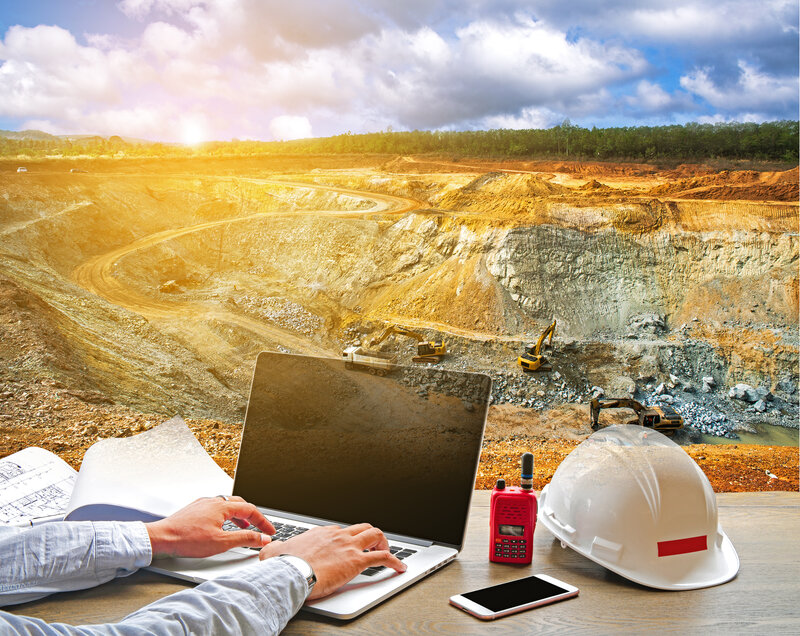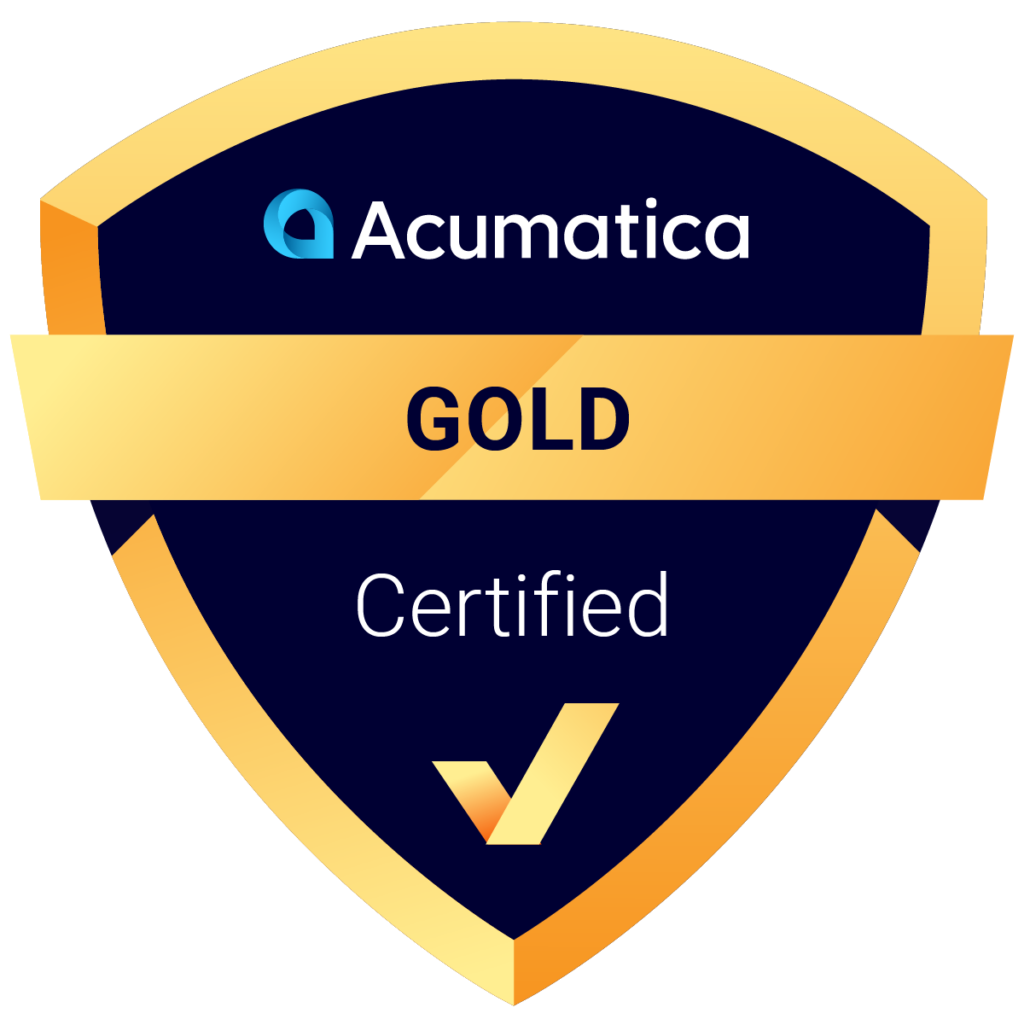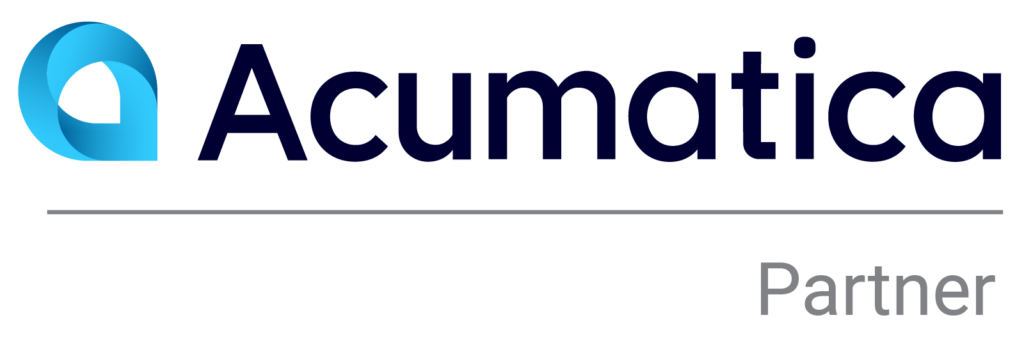Resilient Mining Organizations
Why it’s just as important post-pandemic — and 5 ways to achieve it
If one were assembling a list of 2020 buzzwords, resilient would make the list — along with the new normal, unprecedented, and you’re on mute. But we’d argue, resilient doesn’t deserve the disparaging label of buzzword. While resiliency was undoubtedly a necessary trait of leaders and companies that survived 2020 unscathed, it is an evergreen quality. Resiliency will be as important in a post-pandemic world as it was during the height of the crisis.
Deloitte recently published an article that speaks to five ways organizations can build organizational resilience in response to the pandemic and to prepare for any future crisis. While the article is not explicitly focused on the mining industry, we thought its points are especially relevant to an industry that’s seen so much disruption during this time.
1. Be prepared
The power of preparedness was on full display this past year. Organizations that had plans and tools in place for remote work, for example, were able to connect resources and keep operations flowing. There are plenty of real-world examples of the power of preparedness. Pre-outbreak, Amazon invested heavily in HR technology for new hires, allowing the company to onboard 1,700 new employees on a single day as business soared. During the 2008 downturn, Germany’s manufacturers used the downtime to retrain workers and retool — a move credited with allowing the industry to bounce back quickly after the financial crisis.
Mining companies can improve their preparedness by investing in technologies including Mining ERP and mine maintenance software that promote agility and resiliency.
2. Grow adaptability
Flexibility and adaptability are the workforce traits CXOs said were the most critical to their organization’s futures in the Deloitte study. How can mining organizations build resiliency and adaptability into their workforces? The ability to pivot to meet a changing compliance landscape while recruiting and retaining the best workforce is foundational. Human resource management systems (HRMS) and human capital management (HCM) systems are effective tools in building resilient and resourceful operations, and ultimately, in your mining business’s success.
3. Build collaboration
Collaboration had to be redefined when workplaces throughout the globe closed their doors. Studies have found that jobs requiring high levels of collaboration are more challenging in a remote environment because it’s harder for employees to informally share information and ask questions. Given its vital importance, successful companies are finding new ways to promote and support collaboration. For example, Microsoft studied how it has changed within its organization during the pandemic and found the following:
- Shorter meetings of 30 minutes or less are on the rise
- Longer meetings are on the decline
- Quick check-ins and one-to-one meetings grew 10%
- The use of instant messaging tools surged
Mining companies can build collaboration by leveraging a Cloud ERP that provides a single source of the truth for all business data and is accessible by employees working from anywhere.
4. Become more trustworthy
In its 2016 global CEO survey, PwC reported that 55% of CEOs think a lack of trust is a threat to their organization’s growth. When people trust each other, they work together more effectively and handle conflicts more maturely. In business, trustworthy leaders generate loyalty and confidence among employees, customers, and business partners, allowing the organization to solve problems more quickly. Trust goes beyond creating a safe, comfortable workplace, high-trust companies outperform low-trust companies in total return to shareholders by 286%.
Employees in high-trust organizations across all industries are more productive, have more energy at work, collaborate better with their colleagues, and stay with their employers longer than people working at low-trust companies. They also suffer less chronic stress and are happier with their lives, and these factors fuel more robust performance.
5. Take responsibility
Responsible leaders put the right people in place and empower those people to make independent decisions. But ultimately, the organization’s direction is in the hands of its leaders. The best leaders accept responsibility for their organization’s operations, both in times of crisis and in times of plenty. The pandemic gave leaders additional challenges, such as ensuring the workforce’s basic safety through shutdowns, PPE, and social distancing policies. Responsible leadership is about making decisions in all stakeholders’ interest: employees, customers, suppliers, and even the general public.
Most CXOs acknowledge in the Deloitte study acknowledge that the business world has a responsibility beyond the bottom line. And that responsibility appears to directly correlate to the business’s resiliency. In fact, 87% of surveyed CXOs who said they have done very well at balancing all of their stakeholders’ needs also felt that their organizations could quickly adapt and pivot in response to disruptive events.
Resilient companies outperform their competitors
The Deloitte study found that organizations that made early migrations to resilient strategies during the COVID-19 crisis — or, even better, had already made strategic, workforce, and technology investments in capabilities that enhance resilience — outperformed their competition. CXOs who said their organizations had done very well in cultivating resilient cultures were three times more likely to say they weathered the events of 2020 well.
A resilient mining organization is not one that is simply able to return to pre-pandemic operations. A truly resilient mining organization is one that built the preparedness, adaptability, collaboration, trust, and responsibility into its DNA that enable it to surge forward quickly. We’d love to speak to you about ways to build resilient business processes into your mining operation. Contact one of our mining industry experts today.




